The Best Lenses for Wedding Photography

Are you planning to capture beautiful moments on someone's special day? Wedding photography requires a skilled photographer equipped with the right lenses. Choosing the best lenses for wedding photography is crucial for capturing stunning images that will be cherished for a lifetime. In this article, we will explore the importance of selecting the right lenses, discuss factors to consider, and provide recommendations to help you make an informed decision.
Introduction
Weddings are joyous occasions filled with love, laughter, and memorable moments. As a photographer, your goal is to immortalize these special moments through your lens. To achieve exceptional results, it's essential to have a collection of lenses that can handle different shooting scenarios, lighting conditions, and creative perspectives.
Importance of Choosing the Right Lenses for Wedding Photography
The choice of lenses significantly impacts the outcome of your wedding photography. A well-selected lens can enhance image quality, depth of field, and overall aesthetics. By investing in high-quality lenses, you ensure that every shot you take captures the essence of the occasion and reflects the emotions experienced during the event.
Factors to Consider When Selecting Lenses for Wedding Photography
-
Focal Length: The focal length of a lens determines its field of view. For wedding photography, a versatile lens range is recommended to cover various situations. Wide-angle lenses are suitable for capturing the venue and larger group shots, while telephoto lenses help you capture intimate moments from a distance.
-
Aperture: A wide aperture lens allows for greater control over depth of field and low-light performance. Opt for lenses with a wide maximum aperture such as f/1.4 or f/2.8 to create beautiful bokeh and capture well-exposed images in challenging lighting conditions.
-
Image Stabilization: Wedding venues often have different lighting conditions, and handheld shooting is common. Image stabilization technology minimizes camera shake, allowing you to capture sharp images even in low-light situations.
-
Weight and Portability: Consider the weight and portability of the lenses you choose, as you'll be carrying them throughout the event. Lightweight lenses can make a significant difference in your comfort and mobility during long hours of shooting.
Prime Lenses for Wedding Photography
Prime lenses have a fixed focal length, offering exceptional image quality and wide apertures. They are ideal for capturing detailed portraits and low-light scenes.
Wide-Angle Prime Lenses
Wide-angle primes, such as the 24mm or 35mm, are excellent for capturing stunning venue shots, group photos, and environmental portraits. They provide a broader perspective, allowing you to include more of the surroundings in your frame.
Standard Prime Lenses
Standard primes, like the popular 50mm or 85mm, are versatile choices for wedding photography. They offer a natural field of view similar to the human eye and are perfect for capturing portraits, detail shots, and candid moments.
Telephoto Prime Lenses
Telephoto primes, such as the 135mm or 200mm, allow you to capture intimate moments discreetly from a distance. They compress the background, creating beautiful bokeh and isolating subjects, making them ideal for capturing emotions and interactions during the ceremony.
Zoom Lenses for Wedding Photography
Zoom lenses offer flexibility, allowing you to quickly adjust the focal length without changing lenses. They are convenient for capturing different perspectives and quickly adapting to changing shooting conditions.
Wide-Angle Zoom Lenses
Wide-angle zoom lenses, like the 16-35mm or 24-70mm, provide a range of focal lengths suitable for capturing group shots, environmental portraits, and venue details. They offer versatility and are an excellent choice for capturing a wide variety of scenes throughout the day.
Standard Zoom Lenses
Standard zoom lenses, such as the 24-70mm or 24-105mm, offer a versatile range that covers wide-angle to short telephoto focal lengths. They are ideal for capturing portraits, details, and moments throughout the wedding day, providing flexibility and convenience.
Telephoto Zoom Lenses
Telephoto zoom lenses, like the 70-200mm or 70-300mm, allow you to capture distant subjects with excellent clarity and create stunning close-ups during the ceremony and reception. They are indispensable for candid shots and capturing emotions from a distance without interrupting the flow of events.
Specialty Lenses for Wedding Photography
In addition to standard lenses, there are specialty lenses that can add creativity and uniqueness to your wedding photography.
Macro Lenses
Macro lenses enable you to capture intricate details of wedding rings, flowers, and other small objects. They provide excellent magnification and are perfect for capturing close-up shots with stunning sharpness and clarity.
Tilt-Shift Lenses
Tilt-shift lenses offer unique control over perspective and depth of field. They are popular for creating the miniature effect, shifting focus, and correcting perspective distortion. Tilt-shift lenses allow you to add a creative touch to your wedding photography, making your images stand out.
Lensbaby Lenses
Lensbaby lenses provide a distinctive and artistic look to your photographs. They create selective focus and unique blur effects, adding a dreamy and ethereal atmosphere to your wedding images. Lensbaby lenses are perfect for capturing artistic portraits and adding a touch of creativity to your work.
Lens Recommendations for Wedding Photography
-
Canon EF 24-70mm f/2.8L II USM: A versatile zoom lens suitable for various wedding photography needs, offering excellent image quality, fast autofocus, and a wide aperture range.
-
Nikon AF-S 85mm f/1.4G: A superb portrait lens with a wide aperture, producing beautiful bokeh and stunning image quality, ideal for capturing intimate moments and details.
-
Sony FE 70-200mm f/2.8 GM OSS: A professional telephoto zoom lens with excellent image stabilization, perfect for capturing emotional moments and candid shots from a distance.
-
Sigma 35mm f/1.4 DG HSM Art: A high-quality prime lens with a wide aperture, delivering sharpness and versatility for capturing stunning portraits and environmental shots.
-
Tamron SP 90mm f/2.8 Di VC USD Macro: A reliable macro lens with image stabilization, allowing you to capture intricate details and creative close-up shots.
Remember, lens selection ultimately depends on your camera system and personal preferences. Renting lenses or borrowing from friends can be a cost-effective way to tryout different lenses before making a purchase.
Conclusion
Choosing the best lenses for wedding photography is essential for capturing the beauty and emotions of this special day. Consider factors such as focal length, aperture, image stabilization, and portability when selecting lenses. Prime lenses offer exceptional image quality and wide apertures, while zoom lenses provide versatility and convenience. Specialty lenses like macro, tilt-shift, and Lensbaby lenses add creativity and uniqueness to your wedding photography. By investing in the right lenses, you can ensure that every shot you take tells a story and preserves precious memories for a lifetime.
FAQs
1. What is the best focal length for wedding photography? The best focal length for wedding photography depends on the specific situation and your shooting style. However, a versatile lens range, including wide-angle, standard, and telephoto lenses, is recommended to cover various scenarios.
2. Should I choose prime lenses or zoom lenses for wedding photography? Both prime lenses and zoom lenses have their advantages. Prime lenses offer exceptional image quality and wide apertures, while zoom lenses provide flexibility and convenience. Consider your shooting style and preferences to make the right choice.
3. Can I use specialty lenses for wedding photography? Yes, specialty lenses such as macro, tilt-shift, and Lensbaby lenses can add creativity and uniqueness to your wedding photography. They allow you to capture intricate details, create unique perspectives, and add artistic effects to your images.
4. Do I need image stabilization in my lenses for wedding photography? Image stabilization can be beneficial, especially in low-light situations and when shooting handheld. It helps minimize camera shake, allowing you to capture sharper images. However, it's not essential if you primarily use a tripod or shoot with fast shutter speeds.
5. Can I rent lenses for wedding photography? Yes, renting lenses can be a cost-effective way to try out different lenses before making a purchase. It allows you to experiment with various focal lengths and brands to find the ones that suit your needs and style.

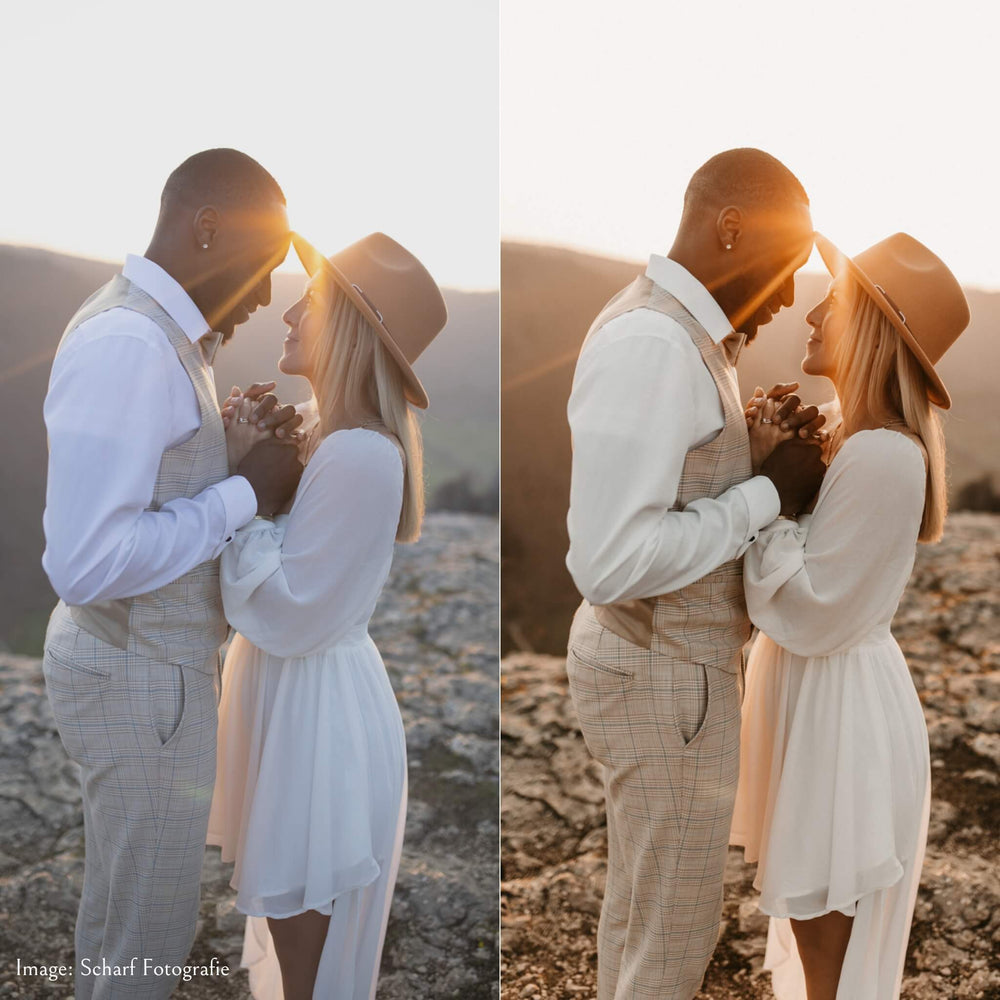

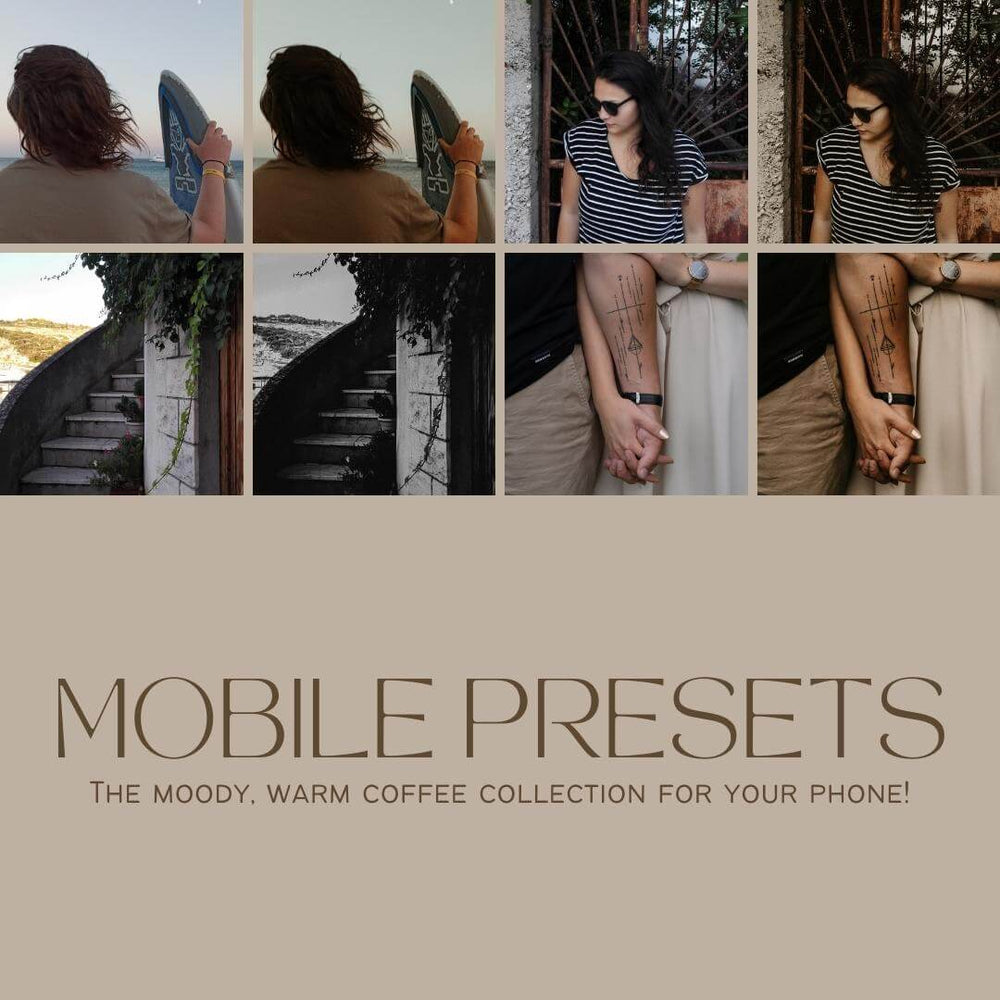

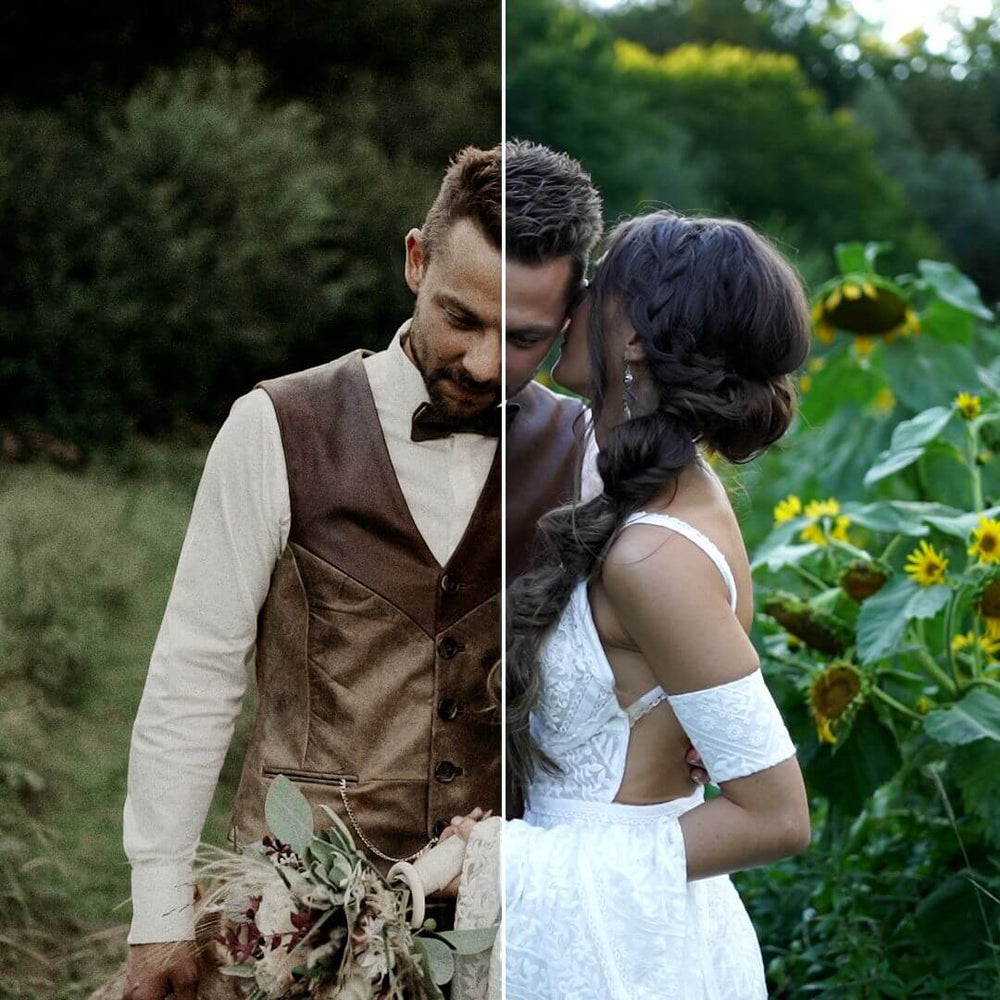

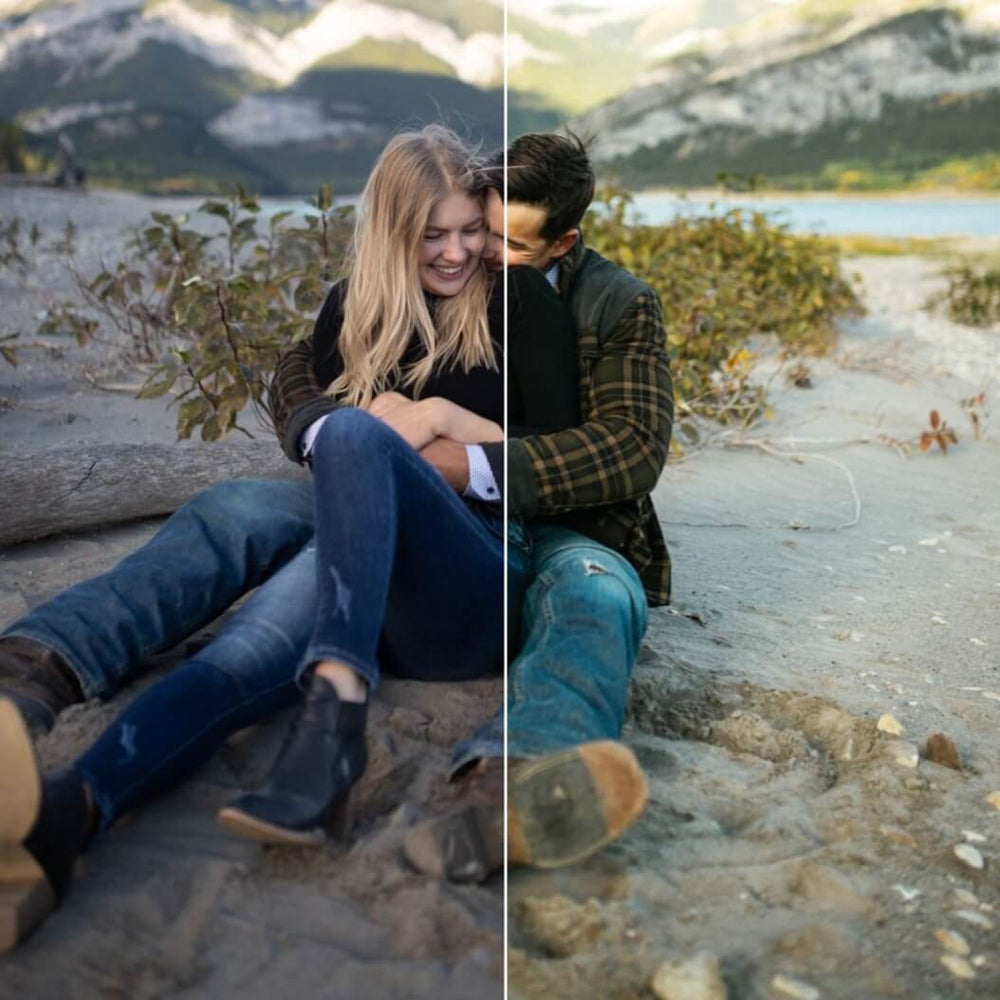

![[NEW] Clean Collection Presets Mobile - bitesandtickles](http://bitesandtickles-shop.com/cdn/shop/products/new-clean-collection-presets-mobile-256234.jpg?v=1685723321&width=1000)

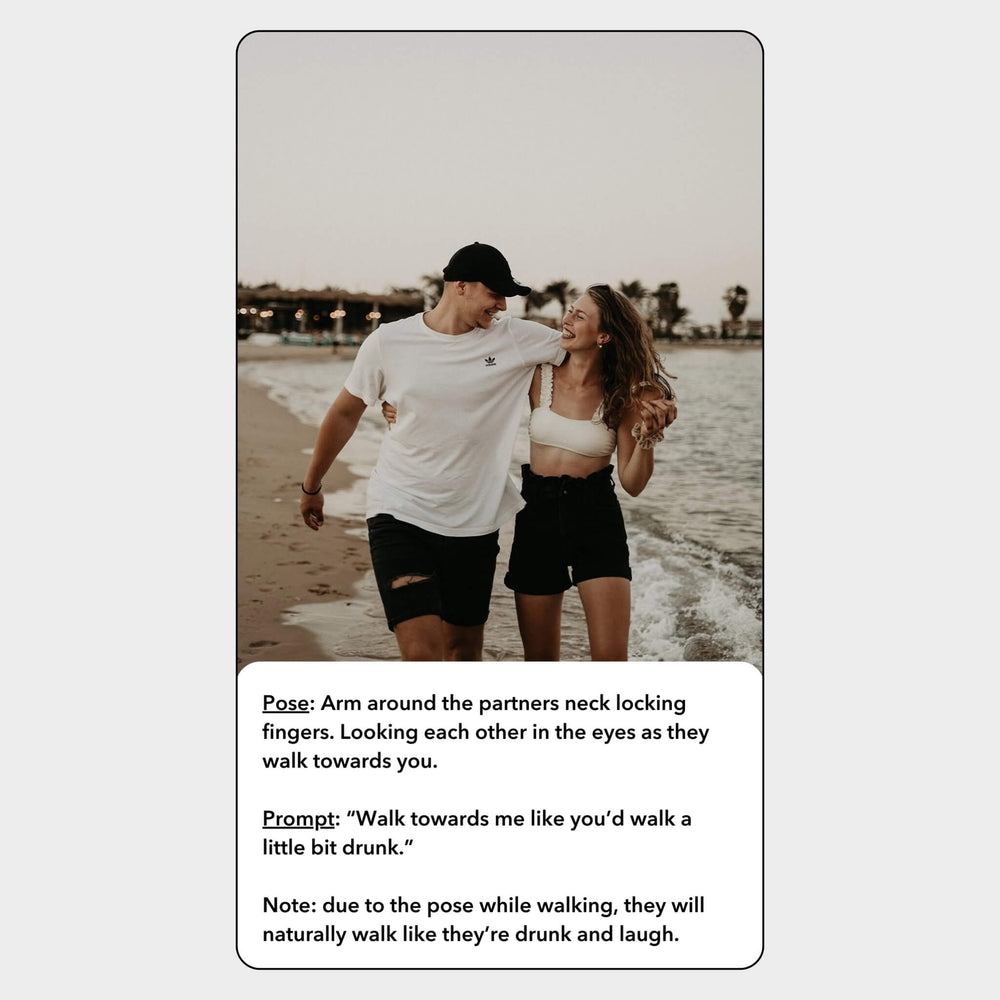

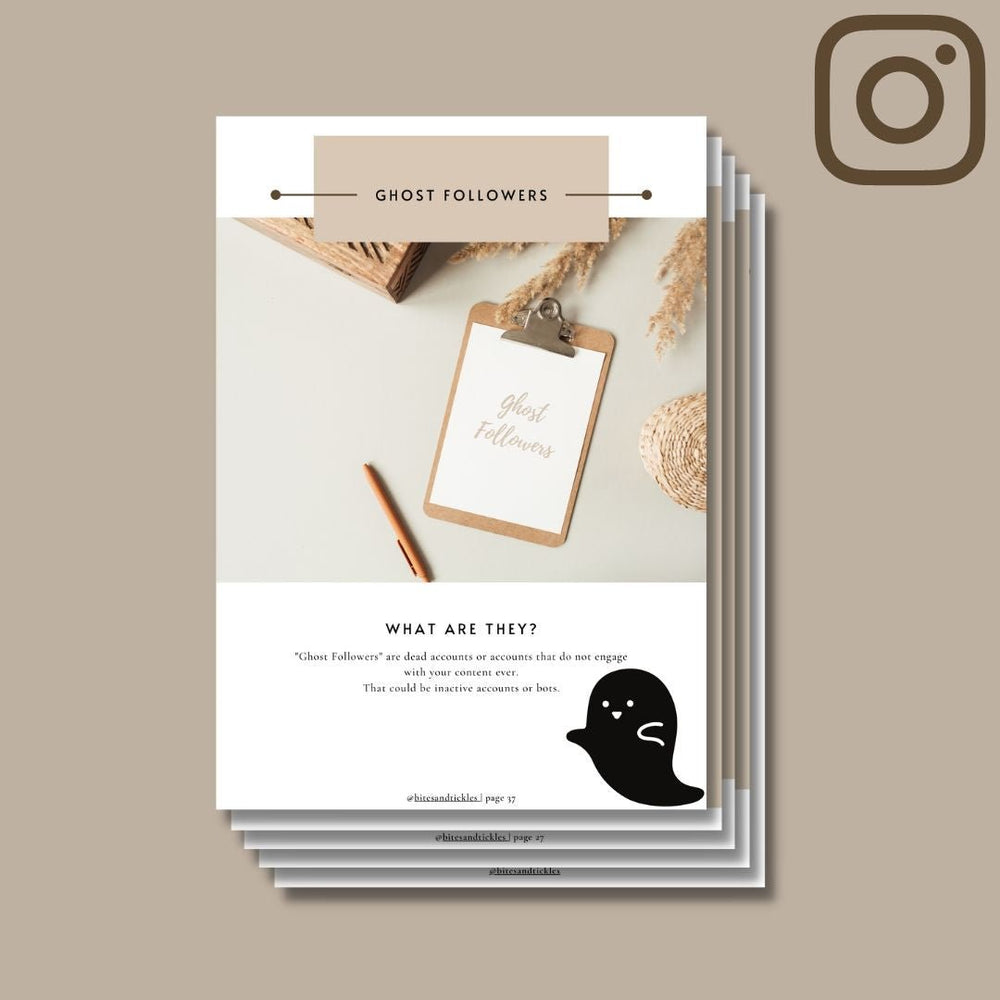
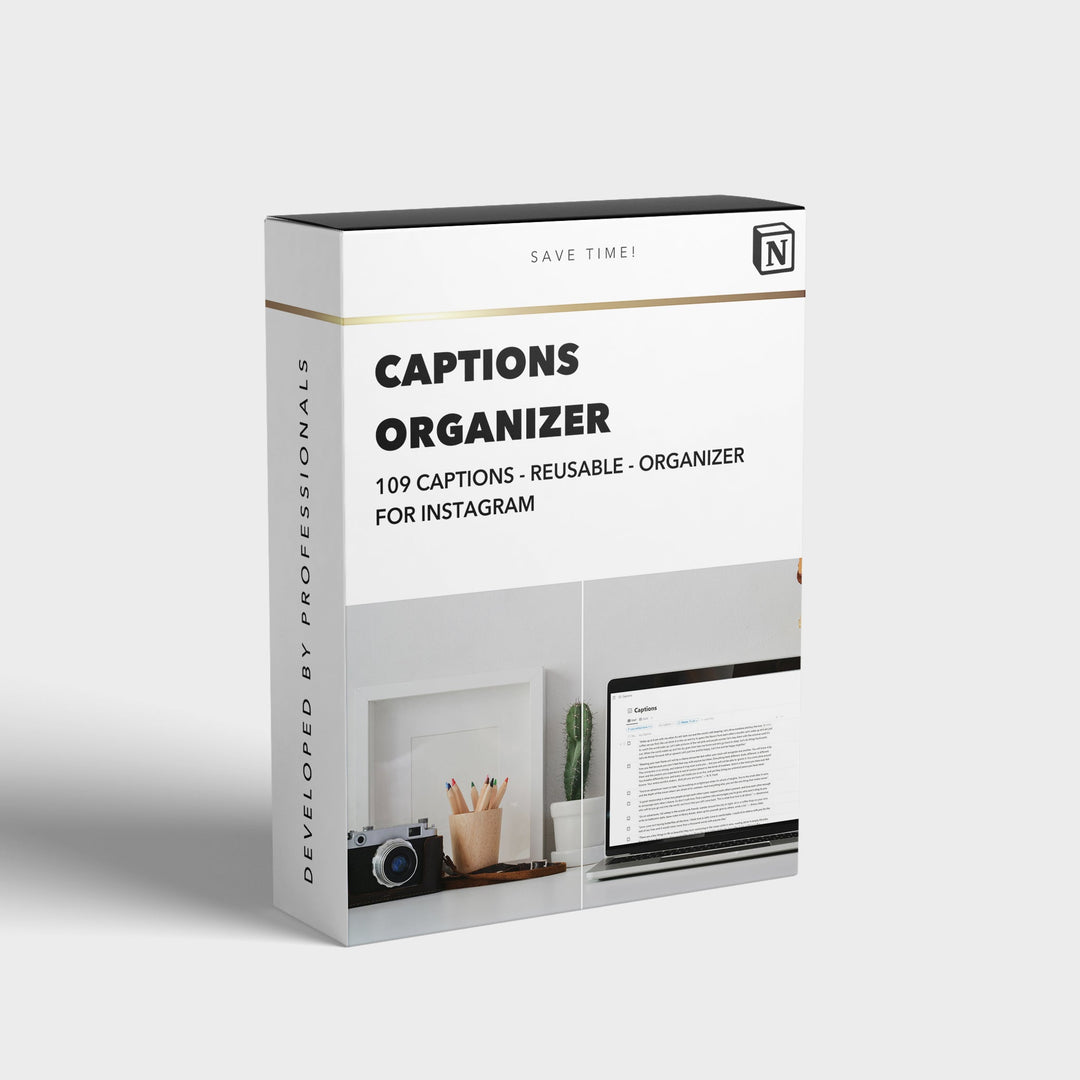
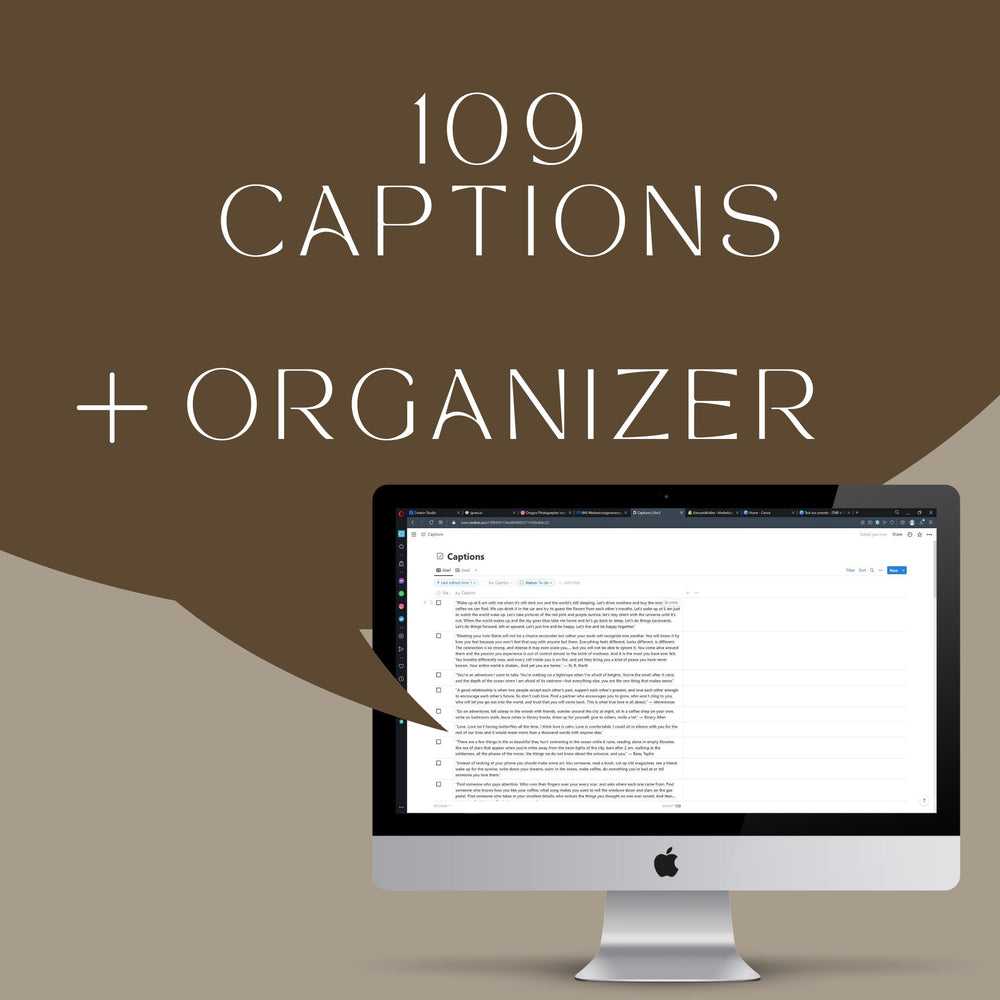
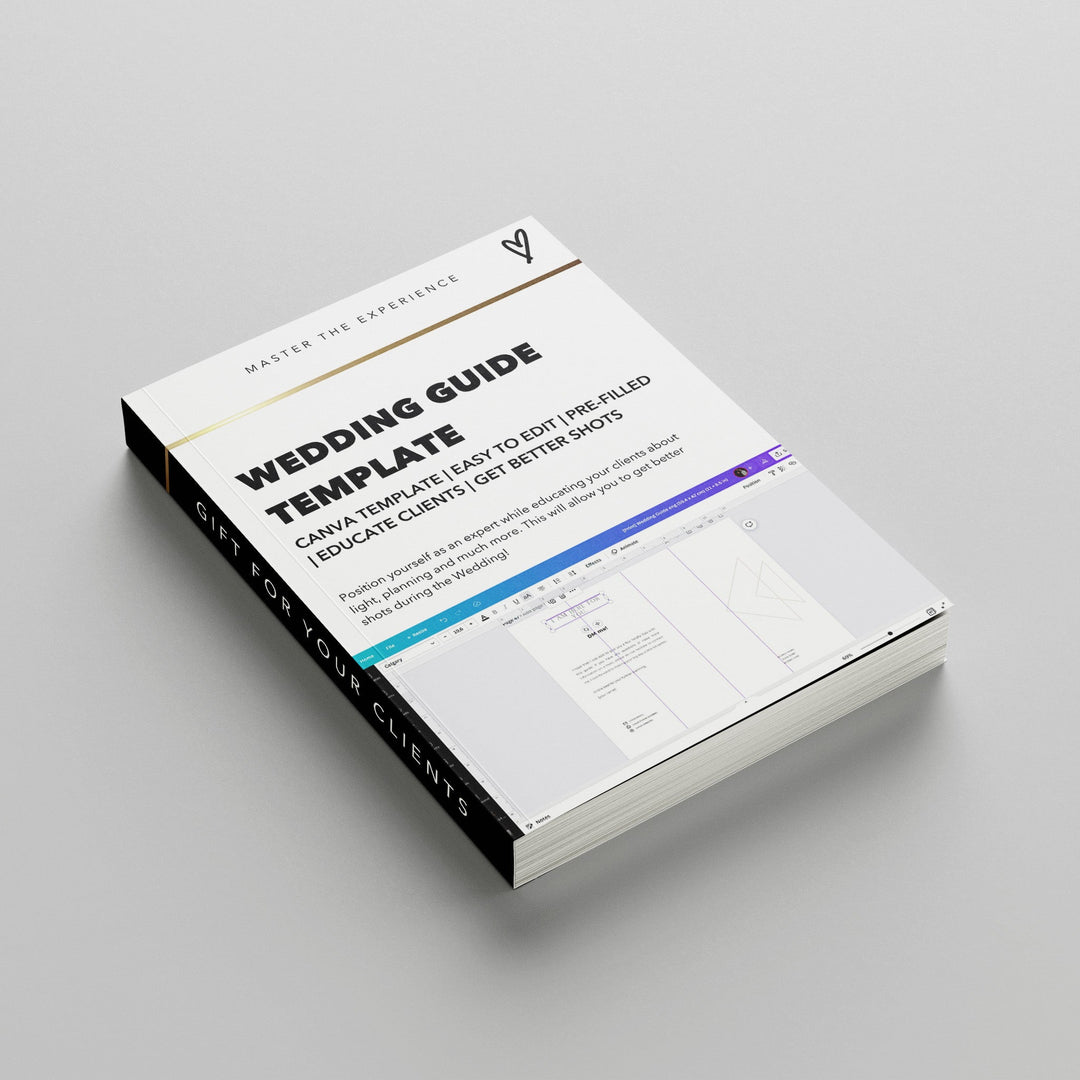
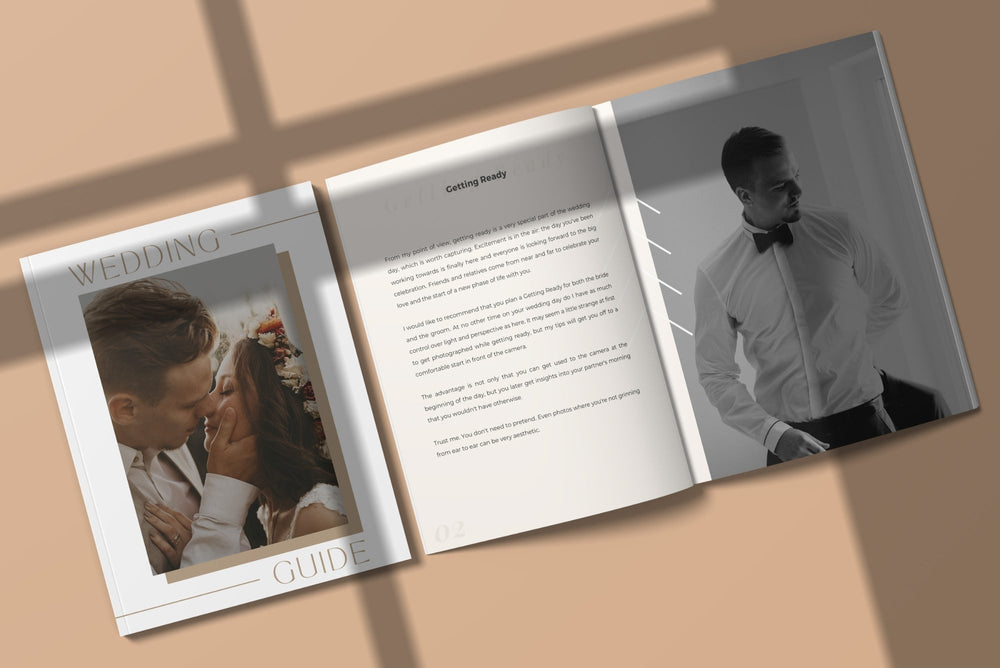

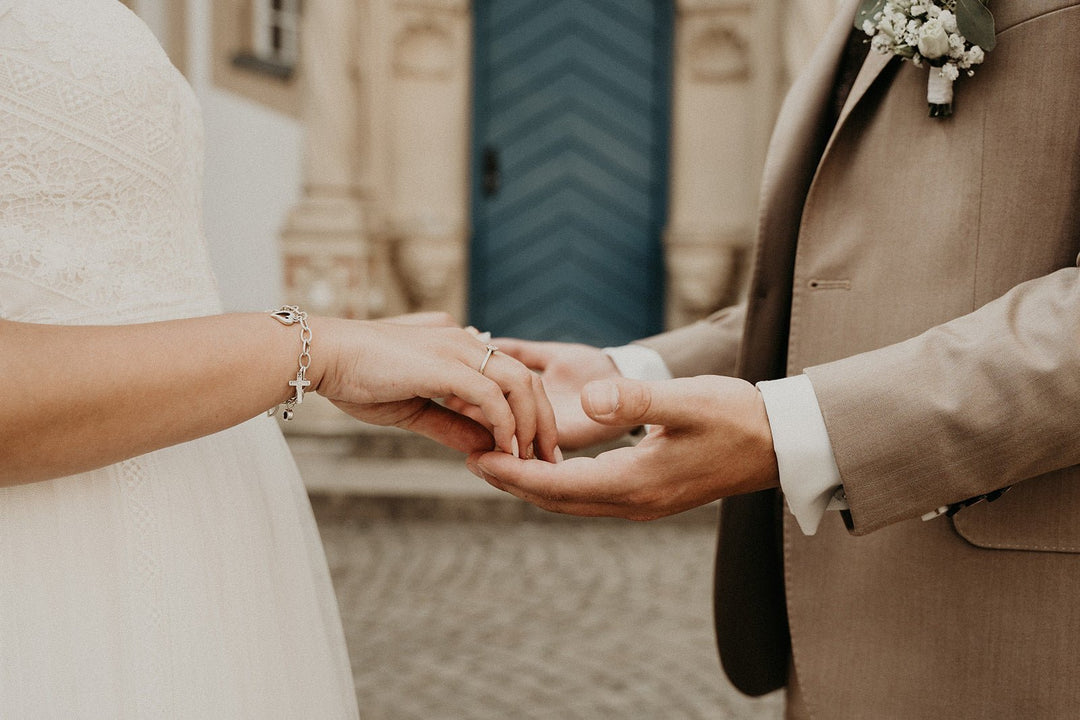

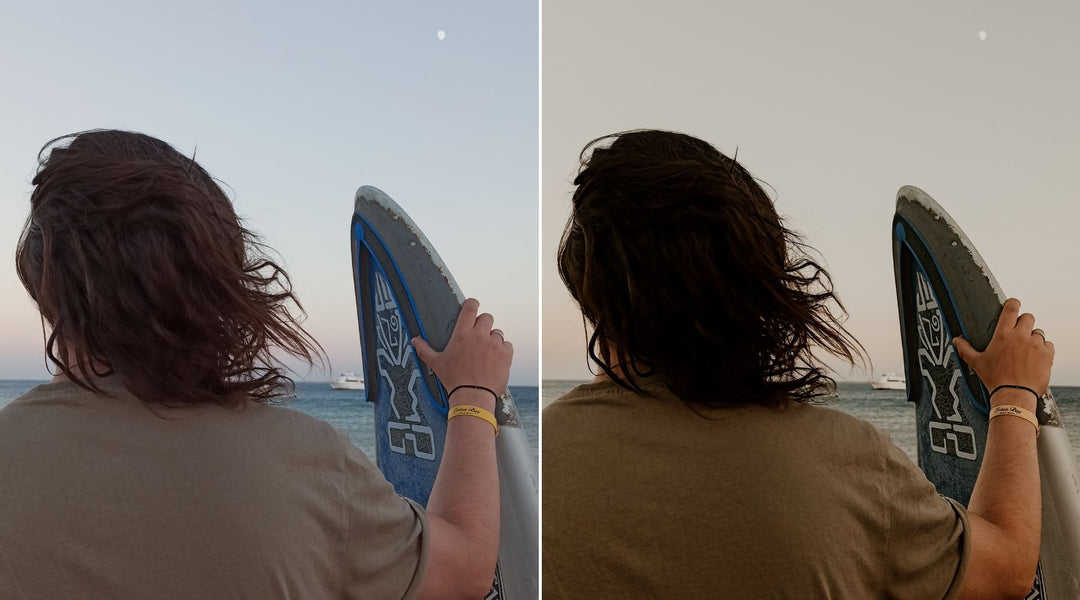
Leave a comment